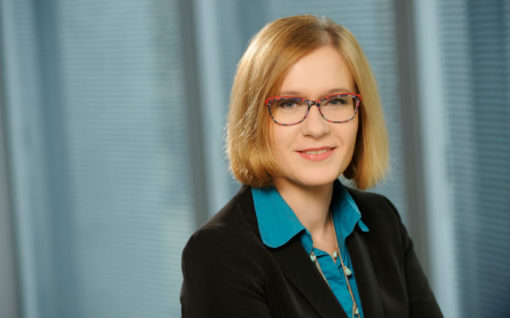We have written many times about why protecting intellectual property and trademarks is now a must. And this is true in the context of both new technologies and conventional industries.
However, small and medium-sized enterprises do not always have sufficient funds to protect their rights. This is why EU institutions offer their support, including through the SME Fund grant scheme designed to help SMEs protect their intellectual property rights.
The SME Fund is a project supported by the European Commission and the European Union Intellectual Property Office (EUIPO). Applications can be submitted continuously until 8 December 2023. However, it’s best to hurry, as funds are limited and applications will be decided on a first come, first served basis.
The Ideas Powered for Business SME FUND – funding of up to EUR 1,000
The programme issues vouchers that can be used to partly cover the fees for selected activities.
Any SME wishing to file a trademark or design application can claim up to EUR 1,000 for:
- Fees charged by intellectual property offices (including the Polish Patent Office and the EUIPO) such as trademark and/or design application fees, additional class fees, and examination, registration, publication and deferment of publication fees at EU and national level, (reimbursement of up to 75%).
- Fees charged by the World Intellectual Property Organisation (WIPO) such as trademark and/or design basic application fees, designation fees, and subsequent designation fees outside the EU. Designation fees for EU countries are excluded, as are handling fees charged by the office of origin (reimbursement of up to 50%).
Who exactly can benefit from the SME FUND
The SME Fund offers financial support to SMEs based in the European Union. In Poland, these include:
- Sole traders
- Commercial law companies and partnerships such as general partnerships, professional partnerships, limited partnerships, limited joint-stock partnerships, limited liability companies, joint-stock companies, simple joint-stock companies.
These entities must meet the conditions for being a small or medium-sized enterprise, i.e. have a staff of up to 250 employees and an annual turnover of up to EUR 50 million or a balance sheet total of up to EUR 43 million.
The procedure for obtaining and redeeming the grant is transparent and the application must be accompanied by:
- The company’s bank statement
- VAT certificate or NIP (tax ID number) certificate
- Declaration on honour – if the application is filed by a representative
SMEs – key information
Grants are awarded on a first come, first served basis. Funding may not be applied for services for which national or EU support has previously been obtained.
When should applications be submitted?
Applications can be submitted from 23 January 2023 until 8 December 2023. Grants are available throughout the year until all funds have been allocated.
According to data published by the EUIPO Observatory, revenue per employee is 68% higher for SMEs that do own IPRs such as patents, designs or trademarks, than for those that do not. It is therefore worth taking the opportunity to protect IP rights, which brings tangible results for businesses.
Questions? Contact the author




